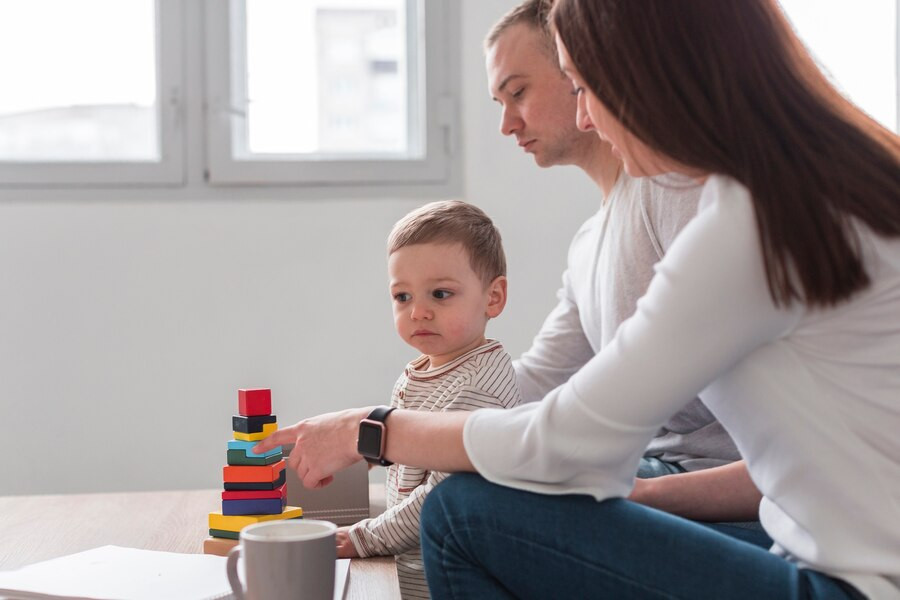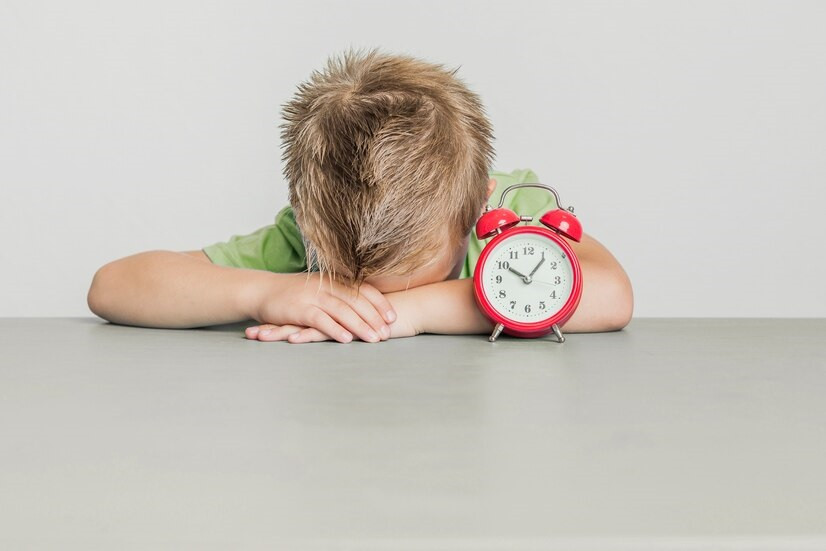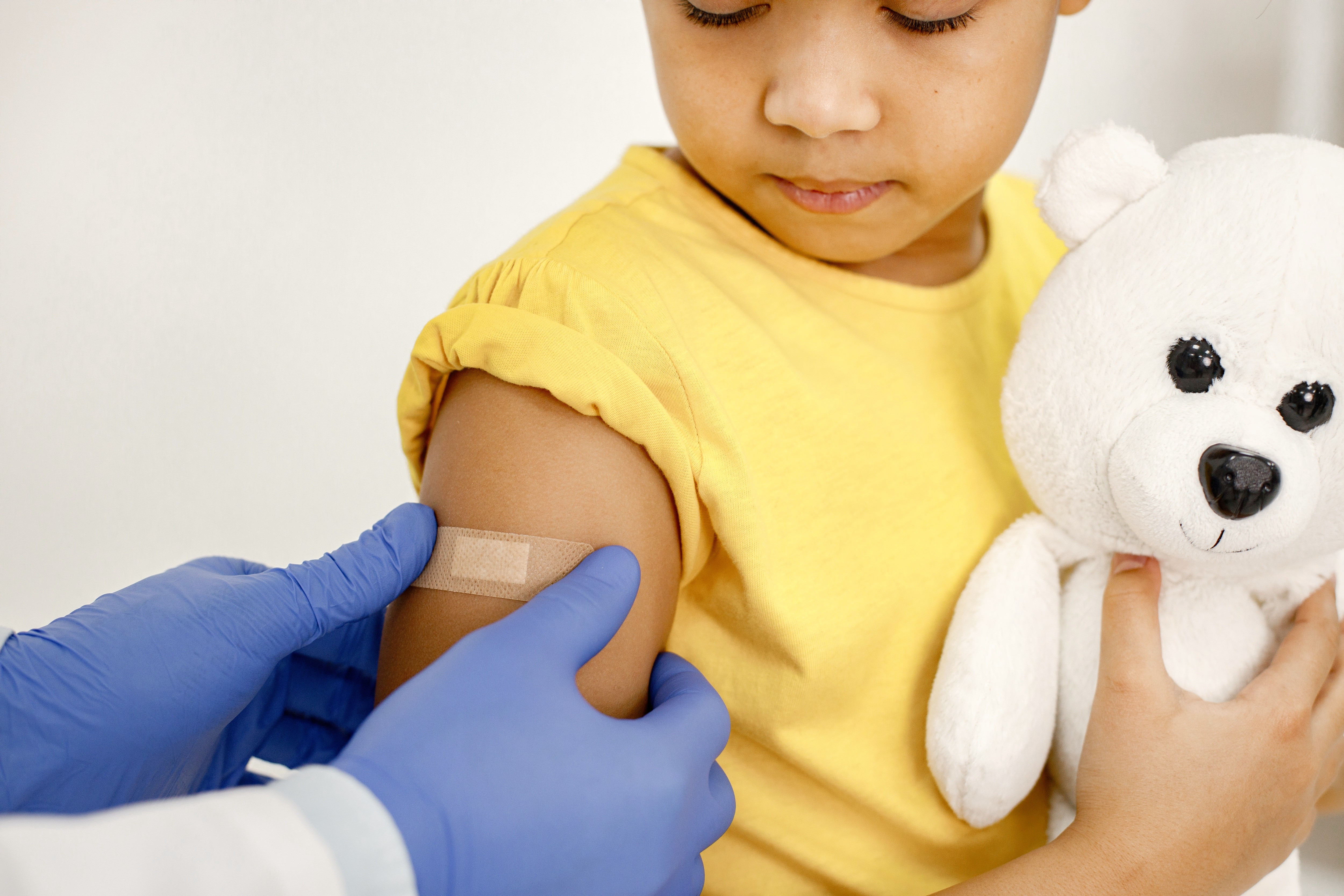Children may experience trauma as a result of traumatic events such as physical or verbal abuse. It is difficult for children to overcome the trauma they experience, but parents can help them do so.
Signs Of Children Experiencing Trauma
Signs of Trauma in Children
The signs of a traumatized child are not always obvious. Especially if the child's trauma is the result of bullying or other hidden violence. As a result, many people, including the parents, do not realize that the child has experienced trauma.
However, several signs of a traumatized child can be observed, including:
- Feeling sad or worthless
- Easily scared
- Feeling guilty or ashamed
- I often feel depressed and cry
- Fear of being alone
- Withdrawing from socializing
- Sleeplessness
- Eating disorders
- Showing signs of wanting to harm themselves
- Hypersensitivity to noise, touch, light or certain smells
Trauma can cause negative behavioral changes in teenagers, such as drug abuse or alcohol addiction.
If children exhibit any of the above symptoms, particularly if they have recently experienced an adverse event such as physical abuse, it is likely that they are traumatized.
Read more: Tips For Overcoming Trauma Due To Death Of A Loved One
How parents can help children deal with trauma
Children may react differently to trauma. This depends on the child's age, maturity level, and the severity of the trauma. Although children may struggle to explain their trauma, parents can help them deal with it in the following ways:
Understand the child's feelings
Each child responds differently to the trauma they have experienced. Some children express it through crying, sadness, anger, refusing to speak to many people, or even acting as if nothing happened. If your child exhibits these behavioral changes, you can explain to them that their emotions are valid and normal. This attitude can help children be more accepting of their own emotions.
Read more: Tips For Overcoming Trauma Of Children After Earthquake Natural Disasters
Talk with your child
Talking with your child about the traumatic event can help you understand how it affected them and how they felt. Take the time to talk to the child and listen to their story.This shows that the child feels listened to and cared for, which can make them feel better.
Distract the child
To divert your child's attention away from the trauma, take them to other useful activities such as music lessons, gardening, or other hobbies and activities that they enjoy.
Keep them away from traumatic situations
You can help keep a child away from certain things that can cause trauma. Limit your child's access to social media and television shows that may remind them of the traumatic event.
Take your child to therapy
In severe cases of trauma, this condition may progress to PTSD, or post-traumatic stress disorder. If you feel that your child needs professional treatment, you should take them to consult a psychologist or psychiatrist.
Professional treatment can help your child cope with the trauma better.
Always show support
Children who have experienced trauma may frequently feel lonely, cry unexpectedly, or throw tantrums. When your child goes through this, always stay with them and reassure them that they are safe with you. Give the child a hug to help them relax and process the trauma they have experienced.
It is not easy for children to deal with trauma. Parents play an important role in helping their children overcome trauma. If you need help from a therapist, consult a psychologist or psychiatrist.
If you need medical advice or consultation, you can either visit a doctor or make use of the consultation features that are available in the Ai Care application by downloading the Ai Care application from the App Store or Play Store.
Looking for more tips and tricks for health, first aid, and other home treatments? Click here!
- dr. Monica Salim
Helping Children Cope with Traumatic Events. Available from: https://www.helpguide.org/articles/ptsd-trauma/helping-children-cope-with-traumatic-stress.htm
Raising Children. Traumatic events: supporting children and teenagers afterwards. Available from: https://raisingchildren.net.au/preschoolers/connecting-communicating/coping-with-trauma/trauma-support-for-children
Better Health: Trauma and Children: Tips for Parents. Available from: https://www.betterhealth.vic.gov.au/health/healthyliving/trauma-and-children-tips-for-parents
Moore, M. (2022). Parenting after Traumatic Events: Ways to Support Kids. Available from: https://psychcentral.com/ptsd/parenting-after-traumatic-events-ways-to-support-children
Kids Health. Helping Your Child Heal After Trauma. Available from: https://kidshealth.org/en/parents/trauma-care.html
Chan, K. (2023). Signs of Trauma in Children. Available from: https://www.verywellmind.com/signs-of-trauma-in-children-6892489











